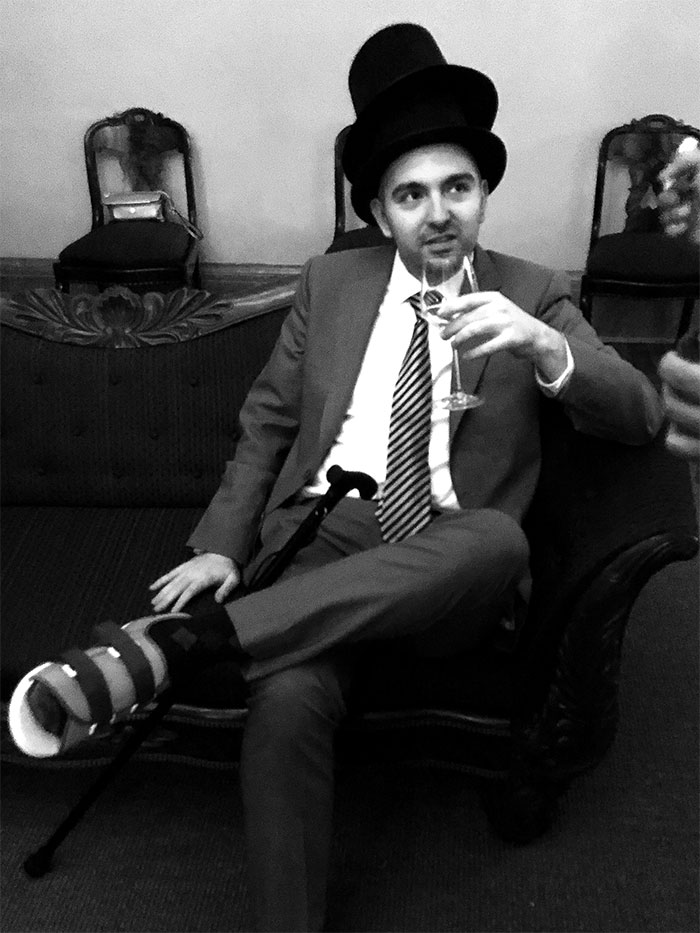In 2011, as I was wrapping up law school, I wrote a lengthy, ranting paper about the problems watchdog journalism faced in effectively reporting about national security and foreign affairs. Fueled by a combination of a course on media law, a recent set of disclosures by WikiLeaks, and an unhealthy amount of Sunday morning talk show viewing, I blamed the “systemic professionalization” of our major media for weakening the press’ watchdog function vis-a-vis government. Specifically, I argued that objectivity in journalism had the unintended consequence of making major media extremely susceptible to having its coverage of foreign affairs and national security issues in general manipulated by outside actors, especially the government.
A combination of cost-cutting and the twenty-four hour news cycle has forced the media to rely on information provided directly from government officials, and this sort of access has become arguably as valuable as rigorous documentation, critical analysis, or investigations. This leads to an outcome where government becomes the arbiter of what news the public gets to learn. Over time, my thinking was that reliance on government for the story indirectly reduces the press’s credibility. Since government briefings have become notoriously managed and “spun,” the perverse result is that government information is often considered more reliable or more truthful if it given anonymously and off-the-record, which produces the deluge of anonymous sourcing we see in the media today.
It is my belief that one of the key values of a free press is to serve as a check on government action, but when this sort of government access is combined with a slavish devotion to objectivity, it has the unintended consequence of making our watchdog press more a neutral arbiter than an antagonistic body that oversees government behaviors. Cloaked in secrecy, national security issues provide government officials with an opportunity to shape reality as they wish it — as we have seen repeatedly over the last year. I.F. Stone one famously stated that “every government is run by liars and nothing they say should be believed,” but how often do our most esteemed journalists dare call a politician’s lie a lie?
In 1947, the Commission on Freedom of the Press suggested that market forces and citizen efforts could be used to improve the media’s watchdog capability. When I wrote this paper in 2011, I concluded that this casual observation may be more feasible now than six decades ago due the rise of so-called new media. Collaborative journalism is on the rise:
Reporting is becoming more participatory and collaborative. The ranks of news gatherers now include not only newsroom staffers, but freelancers, university faculty members, students, and citizens. Financial support for reporting now comes not only from advertisers and subscribers, but also from foundations, individual philanthropists, academic and government budgets, special interests, and voluntary contributions from readers and viewers. There is increased competition among the different kinds of news gatherers, but there also is more cooperation, a willingness to share resources and reporting with former competitors.
Maybe now the solution is the professionalize the blogosphere?
In any event, doesn’t this entire enterprise of collaborative journalism sound like exactly how this past year’s reporting on NSA surveillance has been carried out? Glenn Greenwald is, in the best sense of the word, a blogger by tradition, and numerous organizations, from establishment media to ProPublica and independent researchers like Ashkan Soltani, have brought information to the public. In the coming year, Greenwald has teamed with billionaire Pierre Omidyar to launch First Look Media.
I had largely forgotten about the paper, but considering its the new year, I thought it worth something to share publicly. Please feel free to read and criticize — that’s what being a watchdog is all about!

